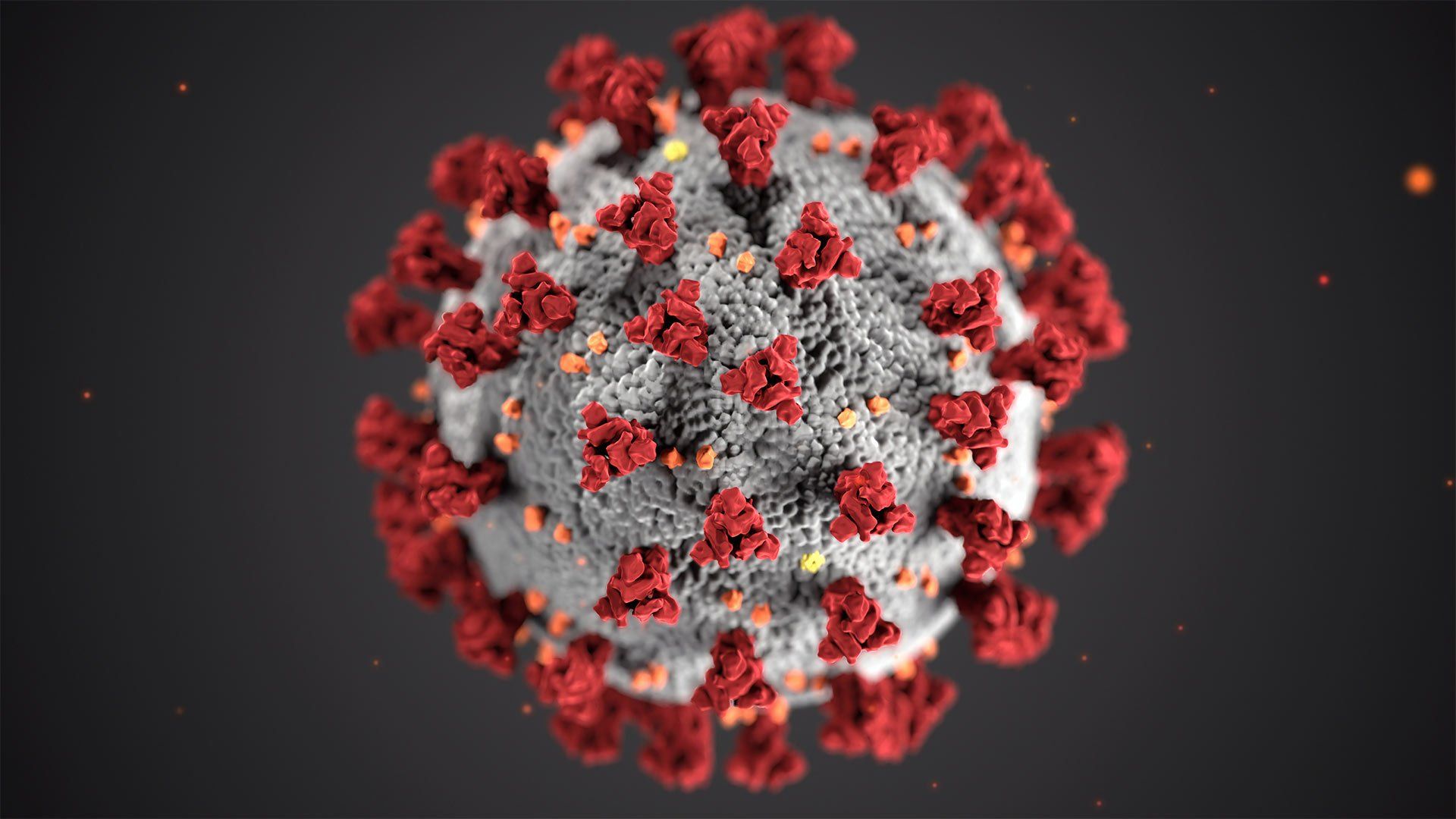Netcare is prepared for COVID-19 in South Africa
Drickus Maartens • March 11, 2020
Prevention protection measures in place at Netcare facilities
Calm, caution and absolute vigilance are required to ensure that any public health risk, including the latest COVID-19 coronavirus, is managed responsibly, Netcare Group chief executive officer, Dr Richard Friedland says.
“Within all Netcare Group facilities, including Netcare hospitals and Medicross medical and dental centres, Akeso mental health hospitals, National Renal Care dialysis units, Netcare Cancer centres and Netcare 911, we are putting a number of additional precautionary safeguards in place to protect all patients, visitors, staff members, doctors, healthcare and other service providers in our facilities,” Dr Friedland announced.
“We wish to assure the South African public that they are in safe hands at a Netcare Group facility during the outbreak of the virus. Credible health information is a powerful means of prevention, and we will do our utmost to help equip the public with important COVID-19 information at this time.”
Netcare formed a multi-disciplinary task team as soon as the outbreak of a new coronavirus in China was made public early in January. The company has since implemented comprehensive precautionary measures to ensure that all group operations are fully prepared to respond to, and manage, any cases of COVID-19.
These measures will reduce the risk of the virus presenting in any Netcare facilities and, if it should surface, to contain the virus and prevent it from spreading.
“We have closely cooperated with the National Institute for Communicable Diseases [NICD] and the Department of Health [DoH] on an ongoing basis, and have aligned our clinical protocols for managing COVID-19 patients with their clinical guidelines. We have also implemented comprehensive measures to detect, identify and respond appropriately to any suspected or confirmed cases of COVID-19 at any of our Group’s facilities.
“These measures are used routinely and diligently by our emergency medical personnel, doctors and hospital staff to assess whether patients who are to be admitted to any of our facilities may have been exposed to risk factors associated with coronavirus.
“We have, in addition, done training in our Group’s facilities in accordance with the National Institute of Communicable Diseases (NICD) and Department of Health (DoH) guidelines, so that they are appropriately prepared to help those who may have the virus,” Dr Friedland notes.
Prevention protection measures now in place at Netcare Group facilities
“With the first confirmed case of COVID-19 in South Africa, we have put in place a number of prevention protection measures with immediate effect to reduce the potential risk of COVID-19 infection within the facilities of the Netcare Group.
Netcare hospitals, Medicross medical and dental centres, Netcare and Medicross day hospitals, Akeso mental health facilities, National Renal Care (NRC) dialysis units and Netcare 911 have implemented the following measures with immediate effect:
- Ensuring that every person entering our facilities clean their hands.
- Ensuring that all persons entering our facilities are verbally screened for COVID-19 risk at the main points of entry as a first line of defense, and do further screening where indicated.
- Gazebos or tents are being erected at entrances to emergency departments and main hospital entrances, where our staff members will conduct the screening.
- At facilities with multiple entrances, some entrances may be closed to ensure adherence to hand cleaning and screening.
- Deploying ultraviolet (UV) light disinfection robots in those of our hospitals that do not as yet have their own, as soon as possible. These mobile robots have been proven to be extremely effective in identifying and destroying viruses, bacteria and fungal spores.
- Restricting visiting times in our hospitals and the number of visitors allowed to visit a patient at a time. Management at the facilities where visiting applies will provide further information to patients and visitors. We acknowledge that maintaining contact whilst in hospital is important and beneficial to both our patients and their loved ones but implementing restrictions in this regard will be for the greater good.
- Daily screening of all of our staff, including personnel of external service providers in all areas of the business.
- Making credible information on COVID-19 available to patients and visitors, as well as to the public.
- The public are requested to assist in the following ways when visiting Netcare facilities:
- Please phone the emergency department or your healthcare provider before coming in for a consultation if you are concerned that you may be infected with the coronavirus. This will enable us to take the appropriate precautionary measures to ensure that our staff and others at the facility are safeguarded while you are being assessed, treated or admitted, until it can be confirmed whether you have tested positively or not for COVID-19.
- Please use the hand spray or hand rub available at the entrances and at various points inside our facilities to clean your hands as you enter, and at every available opportunity within our facilities, as well as when leaving.
- Please be patient while we are doing verbal screenings, as this is to the benefit of both those visiting our hospitals, our patients, and those providing services in our hospitals
- Please refrain from visiting patients in our hospitals if you are unwell.
- Please adhere to any decisions by our hospitals to restrict visiting hours and the number of visitors per patient at a time.
- Please familiarise yourself with measures should take to reduce your risk of exposure to, and the spread of, the virus.
“This is now a time for all South Africans to stand and work together in the knowledge that despite the myriad of challenges we continue to face, this too we will overcome,” concludes Dr Friedland.













